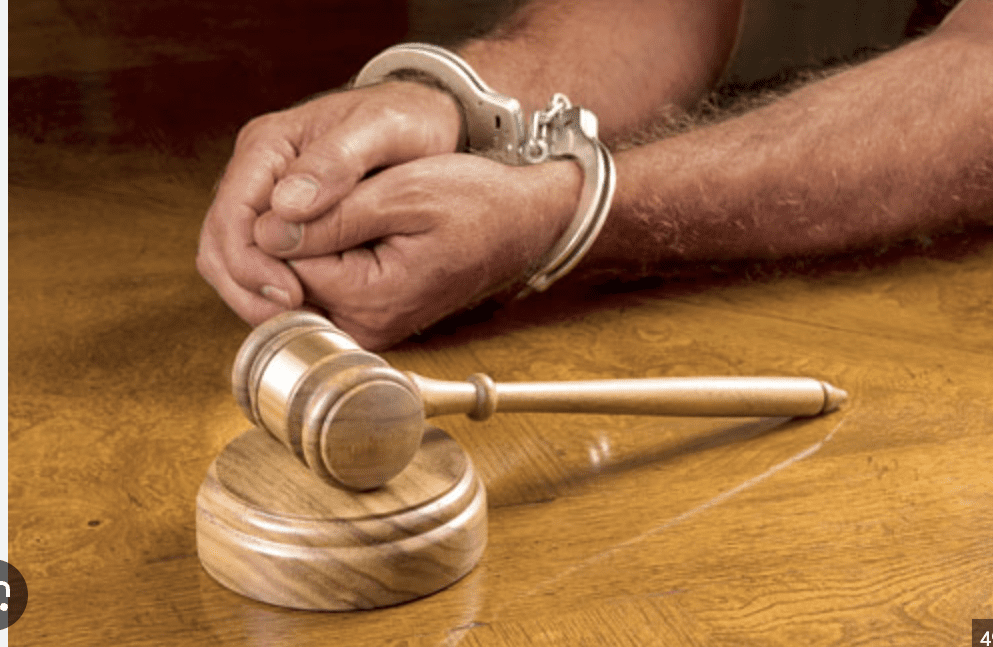Case Title: Mohamed Rifas @ Mohamed Rigbas v Union of India
Case No: Crl.A.Nos.1000,1001, 771 and 772 of 2022
Decided on: 12th December, 2023
CORAM: THE HON’BLE MR. JUSTICE S.S. SUNDAR AND THE HON’BLE MR. JUSTICE SUNDER MOHAN
Facts of the Case
On April 2, 2018, Mohamed Rifas, also known as A2, and Liyakath Ali, also known as A8, were taken into custody on charges of violating Sections 153 A and 120 B of the Indian Penal Code, Sections 15 (c), 17, 18, 19, and 20 of the Unlawful Activities (Prevention) Act, 1967 (UA(P) Act, 1967), and Section 25 (I) (a) of the Defence of the Flag Act, 1959. Applications submitted under Section 167 (2) of the Cr.P.C. were approved for bail for both A2 and A8 on July 5, 2018. Afterwards, the respondent assumed control of the inquiry, leading to the filing of a Final Report in 2021 and the re-registration of a FIR. Asserting that A2 concealed his Sri Lankan nationality, the prosecution requested that A8’s bail be revoked on the grounds of involvement in another case.
The UA(P) Act, 1967, Section 43-D (7), which deals with non-Indian citizens, was used by the Trial Court to revoke their bail. Furthermore, in 2022, the prosecution claimed that appellants Rizwan Mohammed (A10) and Sajith Ahmed (A9) had misused their freedom and had participated in unrelated criminal cases after their initial accusations, leading to the cancellation of their bail. The appellants contested these cancellations, claiming that the bail orders had been issued years earlier and that the grounds were erroneous or immaterial.
Legal Provisions
The charges against the appellants pertain to the breach of legal provisions outlined in Sections 153 A and 120 B of the Indian Penal Code, Sections 15 (c), 17, 18, 19, and 20 of the Unlawful Activities (Prevention) Act, 1967 (UA(P) Act, 1967), and Section 25 (I) (a) of the Defence of the Flag Act, 1959. Bail applications were filed under Section 167 (2) of the Cr.P.C in response to the allegations.
Issues
Did the Trial Court have justifiable grounds, as per the stated reasons, for canceling the bail previously granted to the appellants?
Courts analysis and decision
The court emphasized that it is not justified to restrict Mohamed Rifas’s freedom based only on a four-year-old FIR, even though it acknowledged the potential that he may be a citizen of Sri Lanka. Notably, the prosecution waited for three years after the FIR was registered before filing a motion for bail cancellation, and the court brought this up, noting that the prosecution failed to give adequate justification for the delay.
The court agreed with the appellants, stating that the prosecution ought to have taken an appeal rather than requesting the cancellation of bail. The court also rejected the prosecution’s claim that the statute of limitations had run out before the appeal could be filed. Ultimately, the court granted the appeal, nullifying the bail cancellation decision and putting strict restrictions in place to stop the appellants from abusing their freedom.
“PRIME LEGAL is a full-service law firm that has won a National Award and has more than 20 years of experience in an array of sectors and practice areas. Prime legal fall into a category of best law firm, best lawyer, best family lawyer, best divorce lawyer, best divorce law firm, best criminal lawyer, best criminal law firm, best consumer lawyer, best civil lawyer.”
Written by- Rupika Goundla


